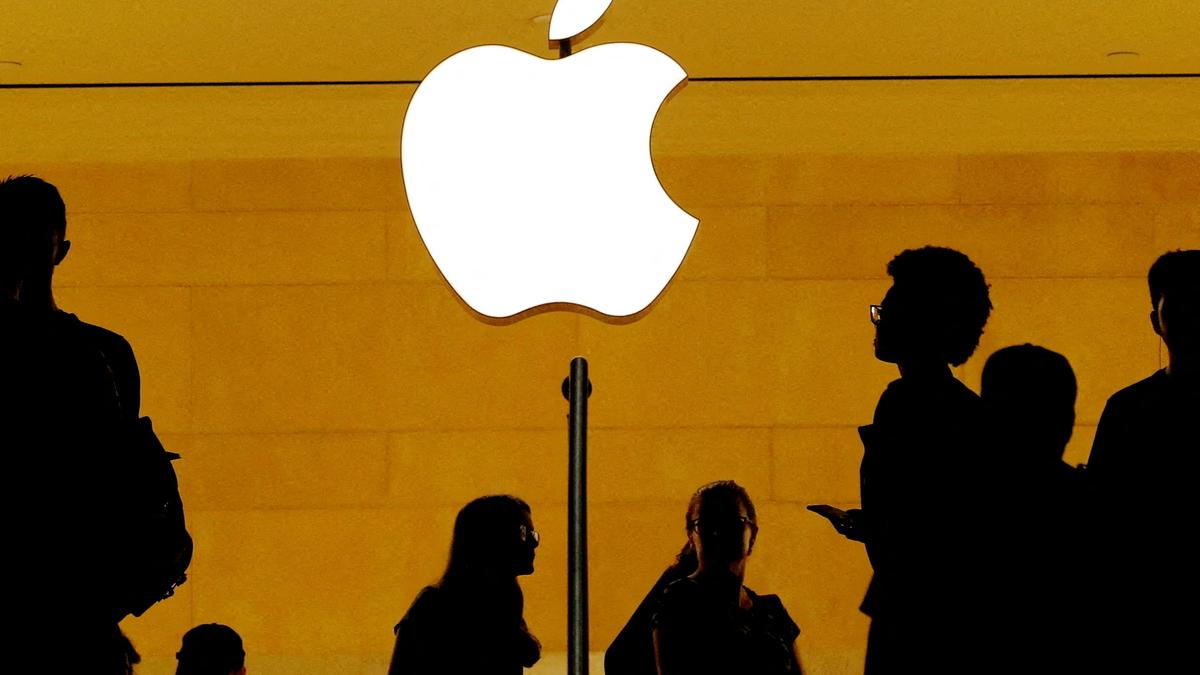Did Apple Secretly Sell Your Siri Data? The Shocking Truth Revealed!
Apple recently settled a massive lawsuit concerning the privacy of Siri data, leaving many users wondering: Were their private conversations secretly sold to advertisers? The tech giant vehemently denies the claims, but the $95 million settlement speaks volumes. Let's dive into the controversy surrounding Siri's data collection practices, and uncover the truth behind this high-stakes case.
Siri's Secret Data Collection: What Apple Says
Apple's recent statement vehemently refutes allegations that Siri data was used to create user profiles for marketing or advertising purposes. The company claims that data from Siri interactions is never sold or shared for such commercial uses. Apple clarifies that any data transmitted to their servers is only for providing immediate responses and is minimized for accuracy. This includes only using the bare minimum necessary data for Siri to correctly interpret user commands.
Minimal Data Used: A Key Argument
Apple's defense hinges on minimizing the data usage. The claim is that Siri uses only what's essential for responding in real-time, preventing any substantial data collection that could be used to build comprehensive user profiles. Moreover, they stress that long-term storage of recordings requires users explicitly opt into programs for improving Siri’s accuracy and functionality.
No Marketing Profiles, Claims Apple
Repeatedly, Apple assures us that user conversations with Siri are never utilized to build any kind of advertising profiles, neither for targeted ads nor other promotional material. They emphasize their commitment to safeguarding user data privacy.
Unintentional Activations and Privacy Concerns
The original lawsuit stemmed from claims of accidental Siri activations resulting in unintended recordings being sent to third parties. This highlights the considerable concern many users have regarding data privacy and what can happen when unintended recordings occur. Millions of users could potentially have had their private conversations captured without their knowledge or consent. It emphasizes a key challenge for voice assistants - unintentional activation is not easy to prevent.
Accidental Recordings and Their Implications
Concerns about "Hey Siri"'s sensitivity remain. The lawsuit put this challenge in the spotlight. The unintentional activation concern leads many users to wonder if their devices are continually listening without their permission. Thus, data collected when users are not fully aware that the feature is enabled are of special concern. That was the basis of the original litigation.
Privacy Concerns Regarding Data Transmission
When does a voice-activated device transmit data? The transmission issue concerning accidental or background data collection needs much further clarificiation. Are user's conversations continually recorded and transmitted, even if only incidentally? The public needs complete clarity on this point to trust technology's data privacy measures. That was not a matter addressed by the lawsuit.
The $95 Million Settlement: What Does It Mean?
While Apple denies wrongdoing and makes no admission of liability, the significant $95 million settlement indicates the possibility of substantial problems. This financial settlement highlights a lack of trust from users and regulators around handling such technologies. Further emphasis and understanding of voice data privacy matters are clearly needed.
A High Price for No Admission
To pay $95 million and state nothing was wrong is truly astonishing. But the financial incentive to avoid a lengthy trial may have influenced their settlement decision.
The Meaning of the Settlement for Consumers
Apple is not admitting fault. That must be clarified to users, given how many private conversations are involved. The settlement brings only monetary benefits; no changes in Apple's actual data collection and processing practices were guaranteed by the settlement.
The Future of Siri and Data Privacy
Apple assures us it continues to prioritize improving Siri's privacy. But to truly assure users, Apple needs better safeguards to prevent accidental activation issues and better address the data handling that happens even without intentional triggering.
Ongoing Technological Developments in Data Privacy
Ongoing developments are needed to assure complete user privacy, such as technological innovations and improved policies to truly prevent abuse.
Securing Trust through Transparency
Apple must provide greater transparency on data practices and how it handles unintended data transfers. Trust can be restored only through increased openness, better understanding, and a commitment to security.
Take Away Points:
- Apple denies selling or using Siri data for marketing.
- A significant settlement raised major privacy concerns.
- Unintentional Siri activations are a source of considerable debate.
- Apple must improve transparency and data protection measures for improved user trust.
- Continued concerns about accidental transmissions and how data is collected remain paramount.









